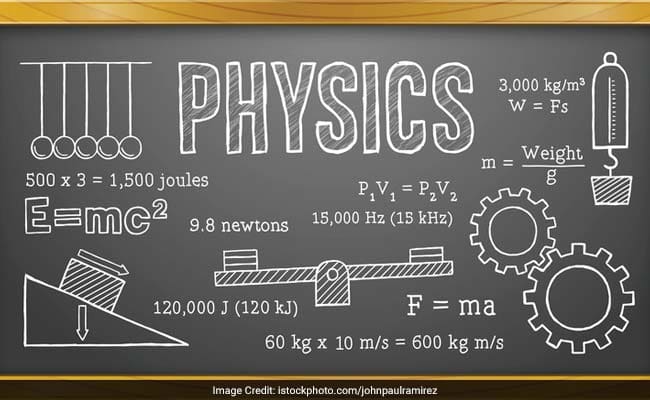

The Department of Physics is a partner in a project developing a revolutionary new way of making micro-displays, which are set to create a new generation of smartphones, smartwatches and VR headsets with higher resolution, speed and efficiency. The University of Strathclyde is to lead two international quantum technology networks: the International Network in Space Quantum Technologies, which will tackle the challenges of taking terrestrial quantum technologies into space, and the International Network for Microfabrication of Atomic Quantum Sensors, which will create a framework for collaboration on the next generation of fully-integrated atomic sensors.įebruary 2022 Strathclyde shares in EPSRC grant developing micro-laser diode technology for micro-display and VLC devices A team at the University of Strathclyde, led by Dr Daniel Oi, explored this effect of limited transmission times and analysed its implications on satellite quantum communication mission design and operations.įebruary 2022 Two international quantum networks to be led at Strathclyde However, the limited contact time window between satellite and ground station severely constrains the amount of secret key that can be obtained. The first realisations of satellite quantum key distribution (QKD) technologies are being rapidly developed. March 2022 Finite key effects in satellite quantum key distribution In a European collaboration, Gian-Luca Oppo and Lewis Hill of the Department of Physics at Strathclyde helped to demonstrate the manipulation of light polarisation of a continuous laser wave in a special glass fibre with mirrors attached at both ends. March 2022 A Kerr polarization controller

The University of Strathclyde is a partner in the £3 million Empowering Practical Interfacing of Quantum Computing (EPIQC) project, which aims to take quantum computing from the lab to real-world applications.

March 2022 Taking quantum computing into real-world applications Dr Fazio, a member of the LIGO Scientific Collaboration, will work alongside Head of Biomedical Engineering, Professor Stuart Reid’s astrophysics research group. March 2022 Visionary researcher awarded Ernest Rutherford fellowshipĭr Mariana Fazio is one of ten new Ernest Rutherford fellows, an STFC award, to carry out work into next generation optical coatings for gravitational wave detectors at the University of Strathclyde. Their role will focus on the development of core laser technology for quantum sensors, with a major activity in building quantum magnetometers for magnetoencephalography and geophysical surveying. May 2022 Alter Technology opens Photonics Design Centre in Technology & Innovation CentreĪlter Technology TUV Nord has opened a Photonics Design Centre in Glasgow, at the University of Strathclyde, to accelerate the commercialisation of photonic products into quantum technology and space markets.Īpril 2022 Pursuing Sustainable Development Goals with quantum sensor technologyĪ team of five researchers from Strathclyde’s Department of Physics and Institute of Photonics will be participating in the International Network for Sensor and Timing Applications in Quantum Technologies (INSTA-QT), a network which has been established to use quantum technology in tackling global challenges, as set out in the UN Development Sustainable Goals (SDGs). She will be supported in her new post by Deputy Director Dr Nicolas Laurand and Director of Research Professor Martin Dawson. May 2022 New Director appointed at Strathclyde’s Institute of Photonicsĭr Jennifer Hastie has been appointed Director of the Institute of Photonics (IoP), succeeding Professor Keith Mathieson. Professor Martin Dawson, Director of Research at Strathclyde’s Institute of Photonics and head of the Strathclyde-hosted Fraunhofer Centre for Applied Photonics, has been elected a Fellow of the Royal Society (FRS). May 2022 Physics Professor elected Fellow of the Royal Society The University of Strathclyde and the National University of Singapore (NUS) have signed a memorandum of understanding (MoU) on satellite quantum communications, to pave the way for increased joint experiments between the institutions. Strathclyde and National Uni of Singapore to co-ordinate quantum communications


 0 kommentar(er)
0 kommentar(er)
